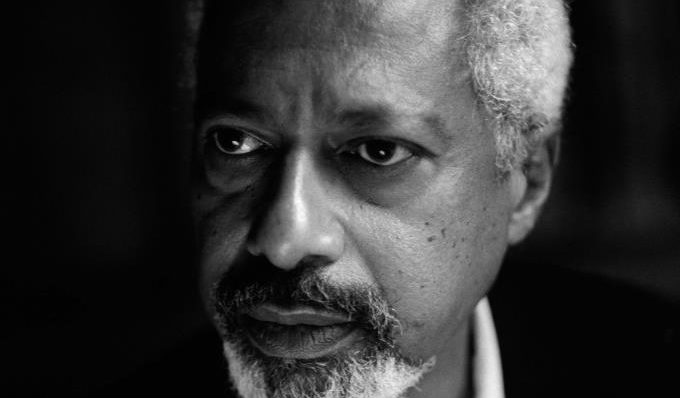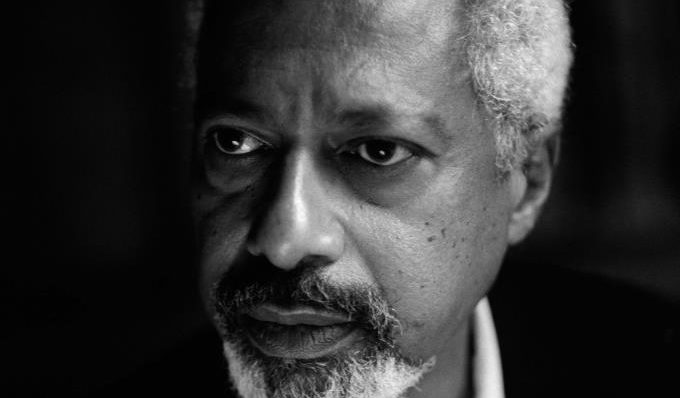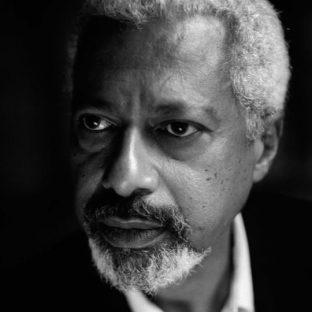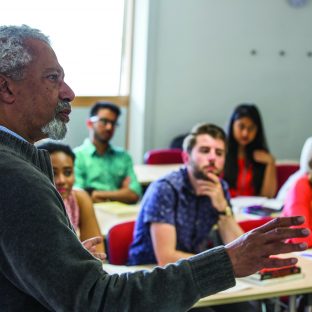Presented by the University of Kent School of English in association with the Institute of Cultural and Creative Industries
In an exclusive appearance at the Gulbenkian Arts Centre, Nobel Laureate & Professor Emeritus of English and Postcolonial Literatures Abdulrazak Gurnah returns to Kent to reflect on his life, writing, and sense of place and belonging.
What motivates his work? How is narrative shaped by migration, forced change, and historical injury? Does justice have a distinct imaginative language? Big themes. But also personal reflections on winning the Nobel, his time at Kent, and advice to budding writers.
Gurnah will be in conversation with Bashir Abu-Manneh & Amy Sackville from the School of English at Kent.
Introduction by: Karen Cox (Vice Chancellor)
About Abdulrazak Gurnah
Gurnah won the 2021 Nobel prize for literature, with The Nobel Committee commending ‘his uncompromising and compassionate penetration of the effects of colonialism and the fate of the refugee in the gulf between cultures and continents.’
His stories, some of which were first drafted in the University’s very own Templeman Library, have touched millions worldwide and shine a light on human experiences that are so often ignored.
Professor Abdulrazak Gurnah was born in 1948 in Tanzania. He is the author of the ten highly acclaimed novels including Memory of Departure, Pilgrim’s Way, Dottie and Paradise, which was shortlisted for the 1994 Man Booker Prize. The theme of the refugee’s disruption runs throughout his work, reflecting his own cross-continental journey.
Until his recent retirement, he was professor of English and postcolonial literatures at Kent’s School of English, having completed his PHD here in 1982.





